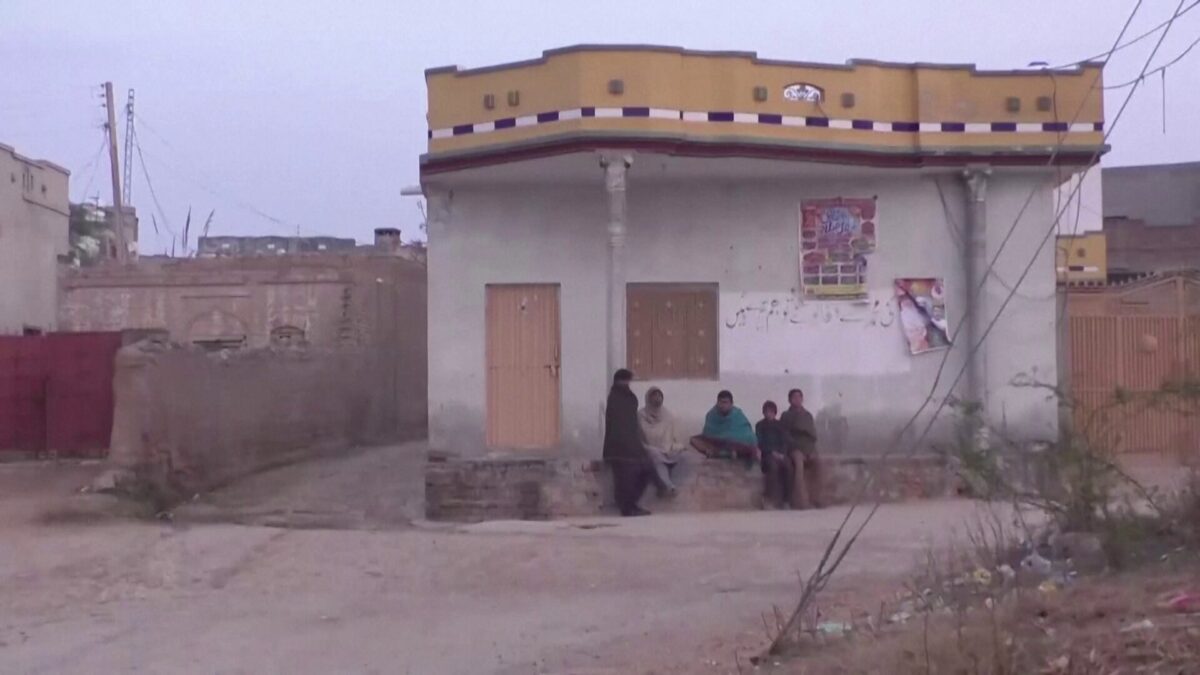The village of Gah in Pakistan’s Punjab province mourned the passing of its most famous son, Manmohan Singh, India’s former prime minister, who died on December 26 at the age of 92.
Located about 100 kilometers southwest of Islamabad, Gah held a meeting on Tuesday to pay tribute to Singh, whose life and achievements brought pride to the small village. Singh, born in Gah on February 4, 1932, rose to prominence as India’s first Sikh prime minister, serving two terms from 2004 to 2014.
A hometown connection
In Gah, Singh’s legacy is deeply cherished. He was affectionately called “Mohna” during his childhood, a boy whose father, Gurmukh Singh, worked as a cloth merchant and whose mother, Amrat Kaur, managed the household.
The local government school, where Singh began his education, holds his memory in high regard. His admission number, 187, and date of enrollment, April 17, 1937, remain preserved in the school register.
Altaf Hussain, the head of the school, shared his pride: “I belong to this village as well, and the proudest thing for me is that Manmohan Singh was my father’s classmate. When I went to school, I’d see his name in the records. Every time I saw ‘Manmohan Singh’ in our school records, I felt happy and proud knowing that a child from our small village, who studied on the ground, became India’s prime minister and managed its economy.”
For the residents of Gah, Singh’s achievements were a source of immense pride. Malik Haq Nawaz Awan, a local villager, recalled the joy of his rise to leadership:
“When he became prime minister, our village erupted in joy. In the same manner that we celebrated that event, our village now expresses deep and immense sorrow at his passing.”
Another elder, Raja Abdul Khaliq, extended his condolences and an open invitation to Singh’s family:
“I’ve invited him many times before, but now he’s no longer with us. However, his family remains, and we invite them to visit. Whenever they come, they’ll find in this village a home away from home. We’ll welcome them with open arms, and our hospitality will be etched in history, all thanks to him, because of the debt of gratitude our village owes him.”
A lasting legacy
Singh’s leadership and accomplishments left an indelible mark not only on India but also on his birthplace. His success spurred the renovation of Gah’s school and broader development in the village, which villagers credit to the pride and recognition Singh brought to their home.
As the village mourns, its residents reflect on the extraordinary journey of a boy who started his life in Gah and rose to lead India through a transformative decade, leaving behind a legacy of economic stewardship and international diplomacy.





